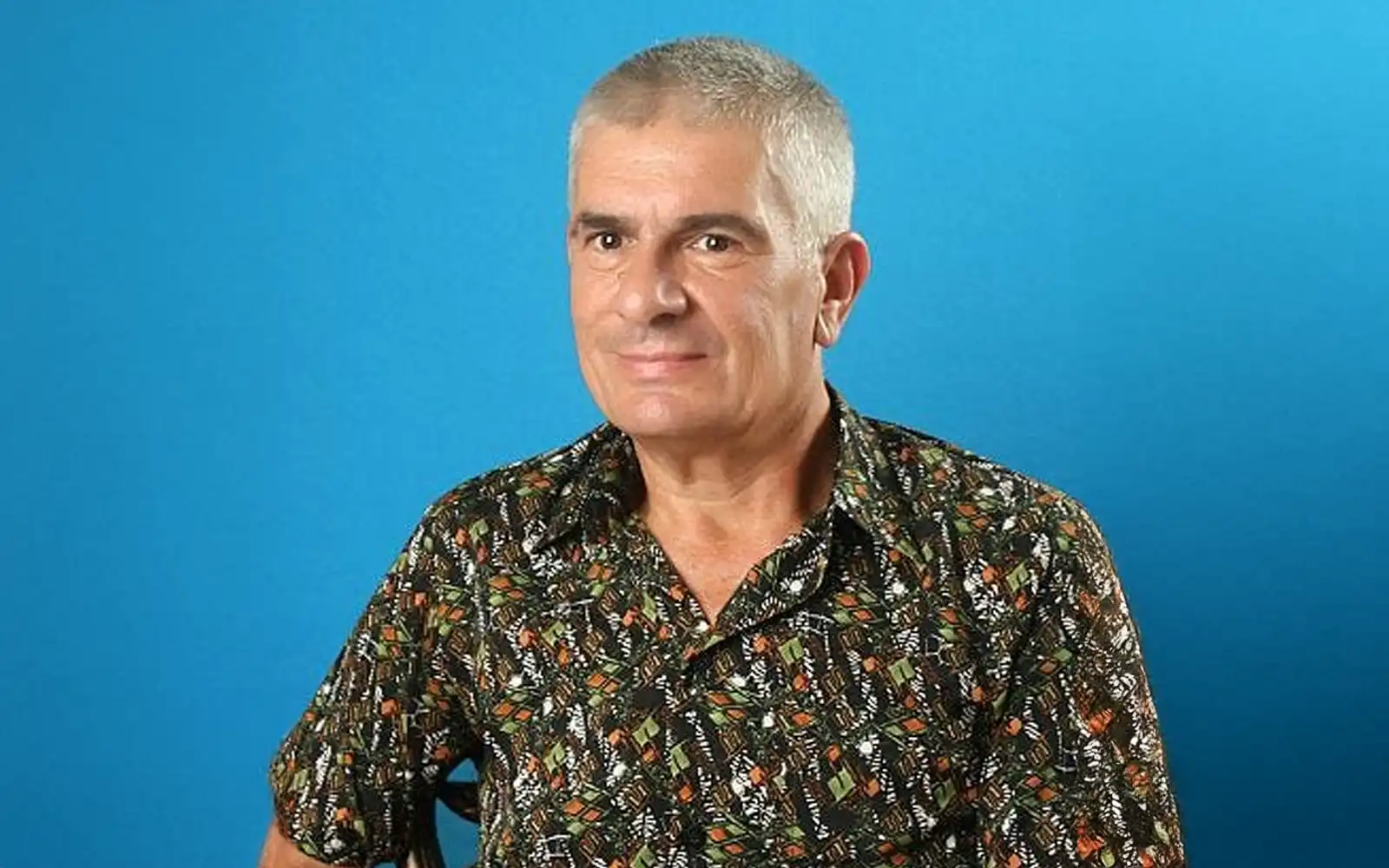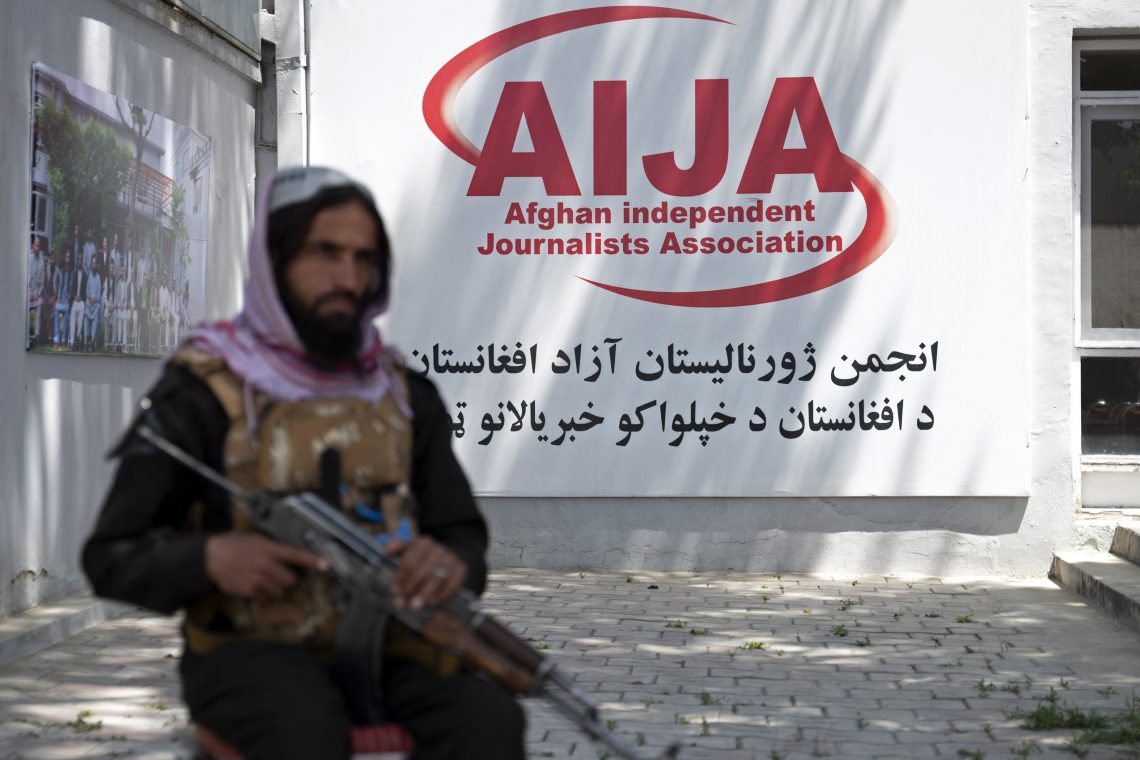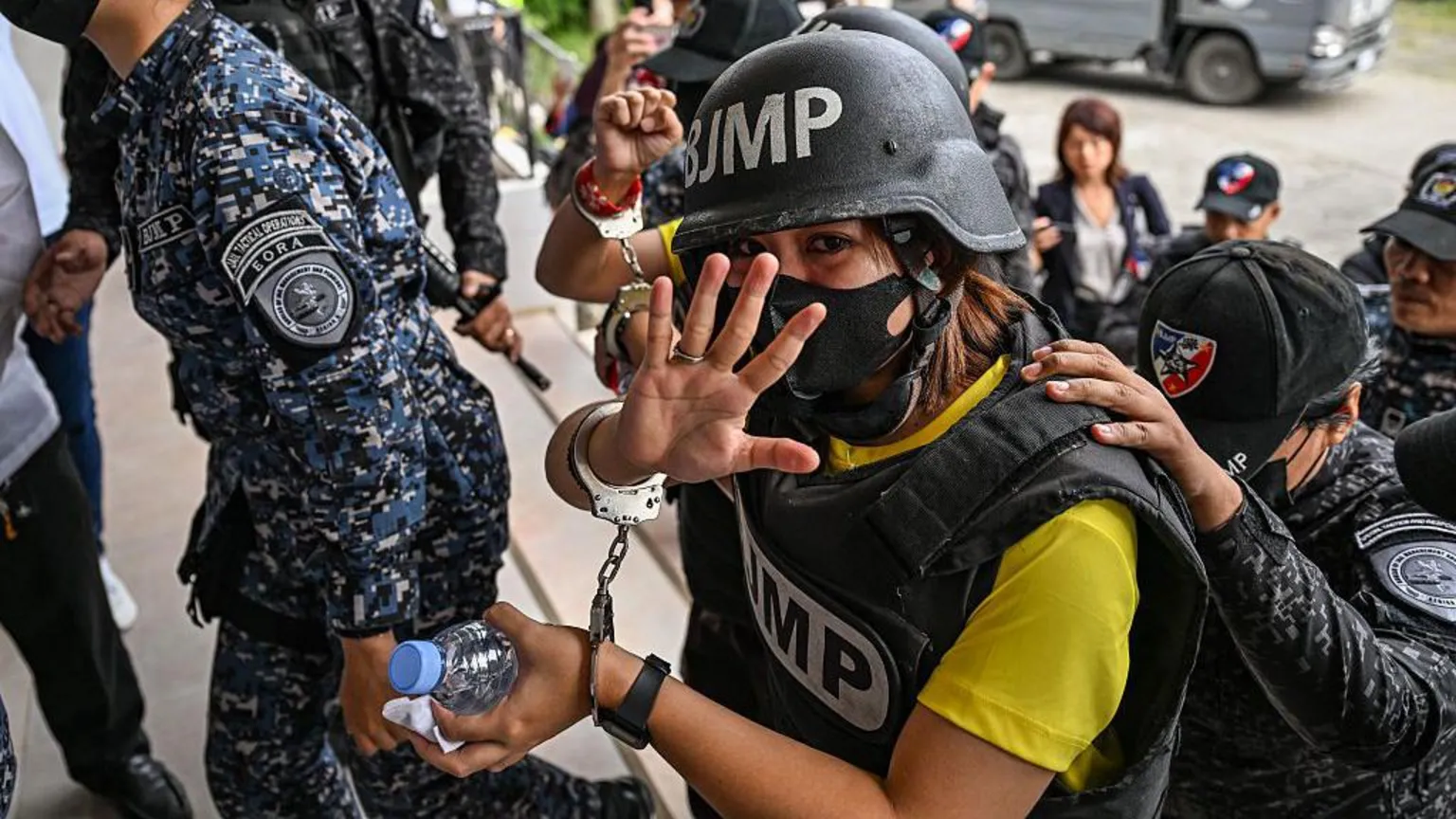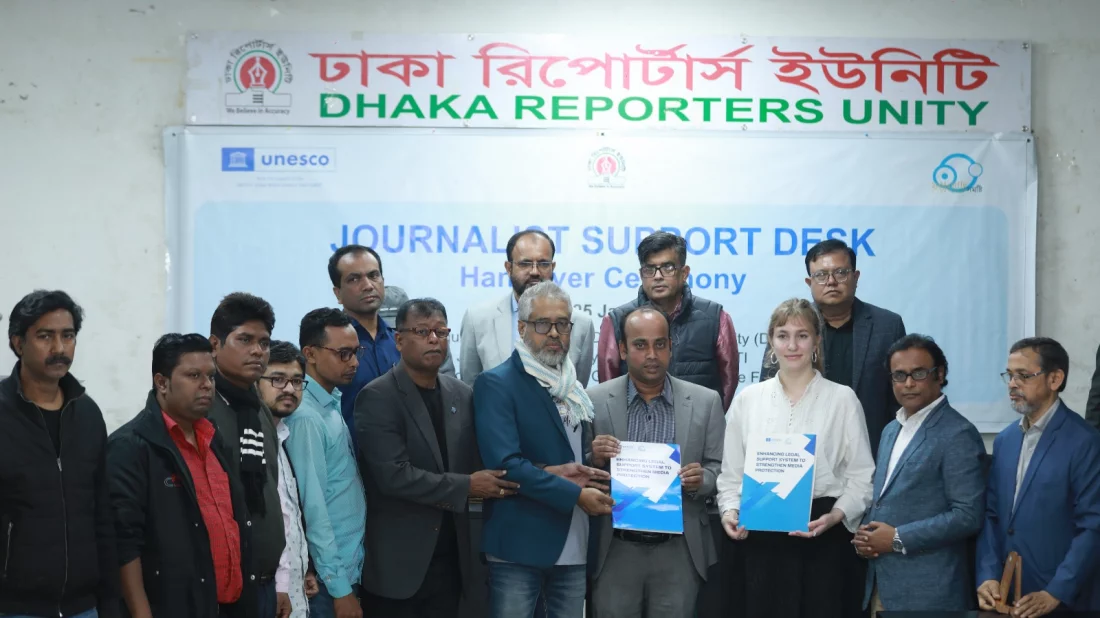
Belarusian Journalist Pavel Dabravolski Charged with High Treason
October 20, 2025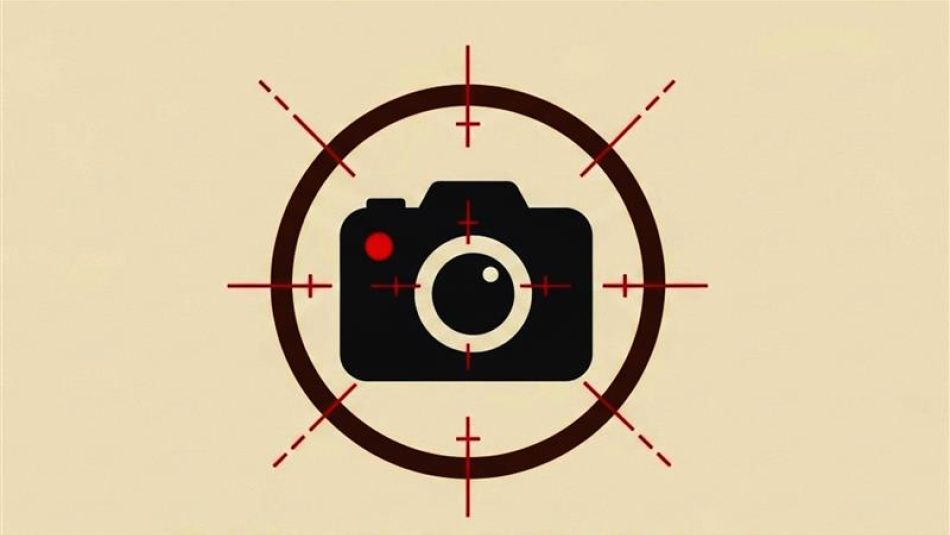
Unifor Backs “End Impunity” Day for Journalists
October 20, 2025October 20, 2025 – Australia/Malaysia –
The Shah Alam High Court in Malaysia has ruled that Australian journalist and commentator Murray Hunter is liable for defamation in a civil suit brought by the Malaysian Communications and Multimedia Commission (MCMC). The judgment, delivered on 15 October 2025, arose from a series of publications between April and November 2024 in which Hunter allegedly made false and harmful claims about the regulator’s conduct.
Hunter, who resides in Thailand, said he learned of the ruling via an online court system and was never served notice of the legal action in Malaysia. He claims he was unaware of the lawsuit until after the judgment was issued. According to MCMC, Hunter’s articles alleged serious misconduct without substantiating evidence, thereby damaging the commission’s reputation.
The court’s decision is significant because it highlights the reach of Malaysian defamation law — particularly its application to foreign-based journalists whose content is accessible in Malaysia. Legal analysts say this case exemplifies a form of transnational legal pressure on critics and journalists, sometimes described as a Strategic Lawsuit Against Public Participation (SLAPP).
While the judgment found Hunter liable, specifics such as the damages to be awarded remain unclear. Hunter continues to face related legal proceedings in Thailand, where he is charged with criminal defamation over the same content. He is due in Thai court on 17 November 2025.
Press-freedom advocates are warning that the case may have a chilling effect on journalism in Southeast Asia. They argue that when defamation suits can be pursued across borders—without the journalist’s knowledge or representation—the risk of silencing critical voices increases significantly.
The Malaysian commission described the verdict as a reinforcement of accountability in digital discourse, stating that freedom of expression does not protect false or malicious claims that harm an institution’s standing.
Reference –

